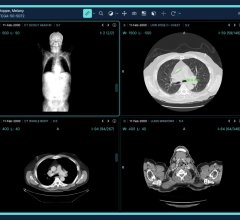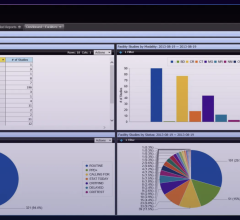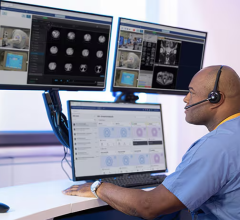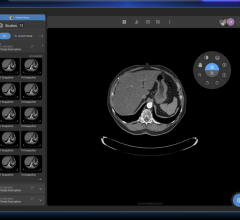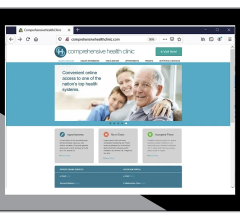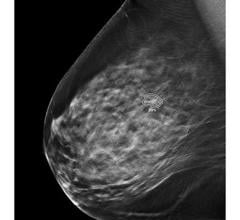
April 21, 2015 — A new study from digital data collection provider Research Now looks into the use of mobile health apps and assesses their potential in healthcare. Research Now spoke to 500 healthcare professionals and 1,000 health app users in the United Kingdom.
The survey asked healthcare professionals whether they currently use smartphone technology in their medical practice; whether they thought it was beneficial and for which types of patients; under what conditions they thought it had the greatest potential; and whether they thought the National Health Service (NHS) should increase its investment in smartphone technology to monitor patients' health. The health app users were asked which types of apps they use and how they feel about using smartphone technology in relation to their health.
Key findings include:
- 48 percent of healthcare professionals say they will introduce mobile apps to their practice in the next five years.
- 81 percent of healthcare professionals believe that health apps will increase their knowledge of patients' conditions.
- 93 percent of users think that health apps help to improve their quality of life.
- 65 percent of healthcare professionals believe that health apps will encourage patients to take more responsibility for their health.
- 52 percent of U.K. medical professionals and 78 percent of health app users say the NHS should increase its investment in developing smartphone technology to monitor patients' health.
Simon Beedell, division director, EMEA Healthcare at Research Now, said, "Right now, only 10 percent of healthcare professionals are using mobile health apps and only 29 percent of health app users use them to monitor their health conditions. But there is a tremendous opportunity for these to transform medical care. Technology is available to allow patients with heart disease to send information about their heart rate straight to their doctors, accessories can allow diabetics to monitor their blood glucose levels and send the results straight to their smartphone, and the elderly can send information on their well-being from a simple app on a tablet or smartphone."
The most recent NHS Five Year Plan, released in 2014, acknowledges that it has 'an arguably larger unexploited opportunity to combine different technologies and changed ways of working in order to transform care delivery. It also sets out that technology will play a vital role in helping contribute to the £22bn in efficiency savings needed to sustain the NHS.
The National Information Board, which is charged with developing strategic priorities for data and technology in health and care, recently produced a report which pledges that “In 2015, all citizens will have online access to their GP records and will be able to view copies of that data through apps and digital platforms of their choice.” And by 2018, individuals will be able to add to their own records.
Other findings of the study include:
- 45 percent of healthcare professionals think they will increase the efficiency of patient treatment.
- 33 percent of healthcare professionals believe that health apps will improve their relationship with their patients.
- 73 percent of health professionals believe they will help patients with chronic diseases, such as diabetes or heart disease.
- 58 percent believe they will help those who are at rising risk of developing health issues; 49 percent believe they will help those who are healthy; and 46 percent believe they have the potential to help patients recently discharged from a hospital.
- Most people use health apps to help them lose weight and to track their exercise (55 percent to monitor activity/workouts, 54 percent to motivate them to exercise, 45 percent to record calorie intake and 34 percent to monitor weight loss).
- However, 29 percent use the apps to monitor existing health conditions and 23 percent to remind them to take medication.
- 93 percent of health app users think that health apps help to improve their quality of life, while only 32 percent of health professionals believe that they will improve their patients' lives.
- There is a small group of early adopters of smartphone technology in the health care profession; 10 percent already use it in their work with patients.
- Only 19 percent of healthcare professionals do not expect smartphone technology to become part of their work in healthcare.
- 38 percent of health professionals use smartphone technology to access medical research and 38 percent expect to in the next five years.
- 16 percent of mobile health app users say that they share information collected by apps with their doctors.
For more information: www.researchnow.com


 November 19, 2024
November 19, 2024 
